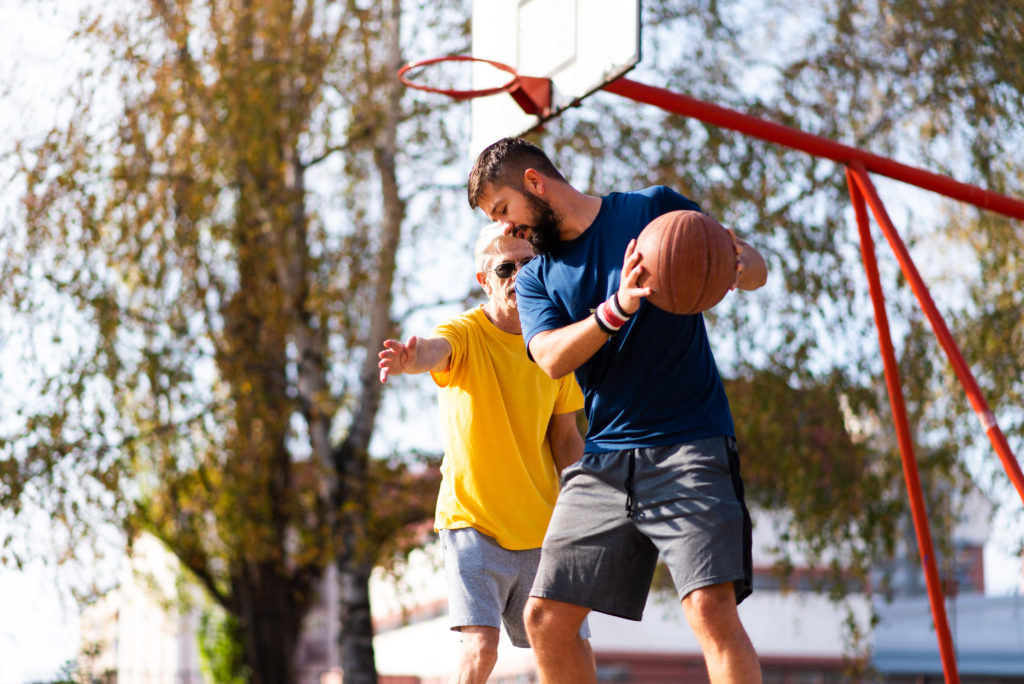Quick Hits
Daily brief research updates from the cognitive sciences

Exercise is good for you – we all know that. The research is also overwhelming showing incredibly wide-ranging benefits, heart health, lower inflammation, better metabolism, lower risk of degenerative diseases, and the list goes on and on. So, all in quite simple – get exercising.
I have also reported on the multiple benefits for the brain – from exercise in childhood being able to be seen in the brain 40 year later, to general improved cognition, and brain plasticity, brain growth that is.
But most of these studies focus on long-term or bouts of exercise lasting weeks or months. What about just one session of exercise? Is it too little to have any tangible benefits apart from the short-term glow of having done something positive and having a short positive hormone boost?
Well, now a study from the Oregon Health & Science University published in July by Christina Chatzi et al. have shown that just a single bout of exercise can also have positive benefits and notably on brain plasticity, growth, itself.
This experiment was done in mice it must be noted. However, many exercise studies have translated well from mice to human beings so it is very encouraging.
What they did is put otherwise sedentary mice though a single exercise routine – this would be the equivalent of 4’000 steps for human beings – the researchers compared this to a game of pick up basketball.
I am sure you will be keen to know what they found.
Yes, very good news.
They noticed an increase in synapses, the connections between brain cells, in a region called the hippocampus. The hippocampus is a region that is known to be very important for memory and learning.
This happens through activating a gene called Mtss1L which seems to have been largely ignored in previous studies in the brain and exercise. This increases production of proteins that are important for shaping cell membranes and therefore helping them to growth and connect.
So, this shows that a single bout of exercise can boost synaptic growth in your hippocampus – priming your brain for learning and yes, that is growing your brain in, albeit, a small way – but also not to be scoffed at either.
So, of you go – get your sports shoes on – or just have a game of basketball, or a kick around on your way home. Your brain will thank you for it.

Andy Habermacher
Andy is author of leading brains Review, Neuroleadership, and multiple other books. He has been intensively involved in writing and research into neuroleadership and is considered one of Europe’s leading experts. He is also a well-known public speaker, speaking on the brain and human behaviour.
Andy is also a masters athlete (middle distance running) and competes regularly at international competitions (and holds a few national records in his age category).
References
Christina Chatzi, Gina Zhang, Wiiliam D Hendricks, Yang Chen, Eric Schnell, Richard H Goodman, Gary L Westbrook.
Exercise-induced enhancement of synaptic function triggered by the inverse BAR protein, Mtss1L.
eLife, 2019; 8
DOI: 10.7554/eLife.45920
More Quick Hits
What Makes Human Brains Different?
Those who have followed my writing and articles will know that this is a question that comes up regularly. Just what is different to human brain compared to other species?
Brain Centre For Altruism Identified
Various parts of the brain have been associated with social behaviour but this particularly interesting study looked at effortful decision-making to help others and identified a region that only activates to this.
Genes Or Exercise for Living Longer?
We all know that we should get our exercise. And we all know that this is associated with many positive health outcomes. This includes living longer.
Yay! “Inoculation” Against Misinformation Effective
Wouldn’t it be great in the current world if we could inoculate people against misinformation. Sigh! But that will never happen
Lack Of Sleep Makes Us Selfish
We humans are a social species, we do things in groups, gather in restaurants, bars, music venues, and public spaces together.
Don’t Try to Change Minds – Change Behaviour
Don’t try to change minds, but simply change behaviour is the result a group of researchers have come to with regard to vaccinations.






